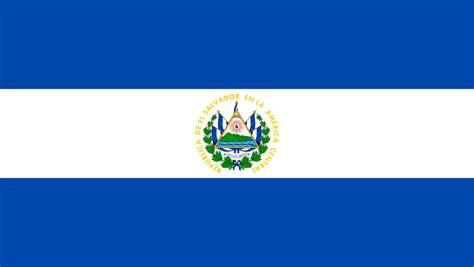Prosecutors in El Salvador have charged the former president Alfredo Cristiani over the 1989 massacre of six Jesuit priests that sparked international outrage. Prosecutors also announced charges against a dozen other people, including former military officers, over the massacre. The list of charges will apparently include murder, terrorism and conspiracy. The attorney general, Rodolfo Delgado, wrote on his Twitter account that his office “is determined to go after those accused of ordering this regrettable and tragic event”.
- Home
- About Us
- Issues
- Countries
- Rapid Response Network
- Young Adults
- Get Involved
- Calendar
- Donate
- Blog

